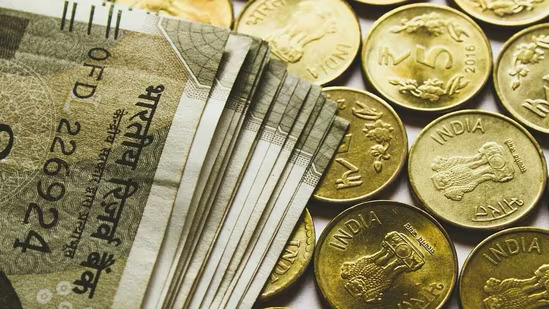On Thursday, the Union Cabinet authorized the establishment of the 8th pay commission to update central government employee salaries and pensioner benefits.

According to Union Minister Ashwini Vaishnaw, Prime Minister Narendra Modi presided over a Cabinet meeting where the decision to establish the 8th Pay Commission was made.
The minister announced that the appointment of the Commission’s chairman and two members is imminent.
According to the minister, consultations will also be held with central and state governments and other stakeholders.
To update the pay scale for its employees, the central government appoints a pay commission once every ten years. Each pay commission has a term of reference (ToR), which generally outlines its purpose, in addition to updating the pay structure. Pension payments are sometimes determined by pay commissions.
Nearly 65 lakh people are pensioners and more than 49 lakh work for the central government. Established in 2016, the 7th Pay Commission will conclude its tenure in 2026.
For whom are pay commissions applicable?
The 7th Pay Commission states that all central government employees are those who work in the government’s civil services and receive their pay from the consolidated fund of India, which is where the government keeps its money.
Gramin dak sevaks and employees of autonomous bodies and public sector undertakings (PSU) are not included by the 7th Pay Commission’s purview. As a result, a worker in Coal India would not be protected.
PSU employees have separate pay scales depending on the undertaking they are working for.
What modifications were made to the 7th Pay Commission?
The government chose a fitment ratio of 2.57 for the 7th Pay Commission’s compensation review, despite employee unions’ demands for a 3.68 fitment factor. One multiplier used to determine salaries and pensions is the fitting factor.
As a result, the minimum basic salary increased from ₹7,000 per month under the 6th salary Commission to ₹18,000 per month.
Additionally, the minimum pension increased to ₹9,000 from ₹3,500.
The maximum pension was raised to ₹1,25,000, and the maximum wage was raised to ₹2,50,000.
Read Also: Deaths And Severe Injuries Mark Gujarat’s Uttarayan Festival